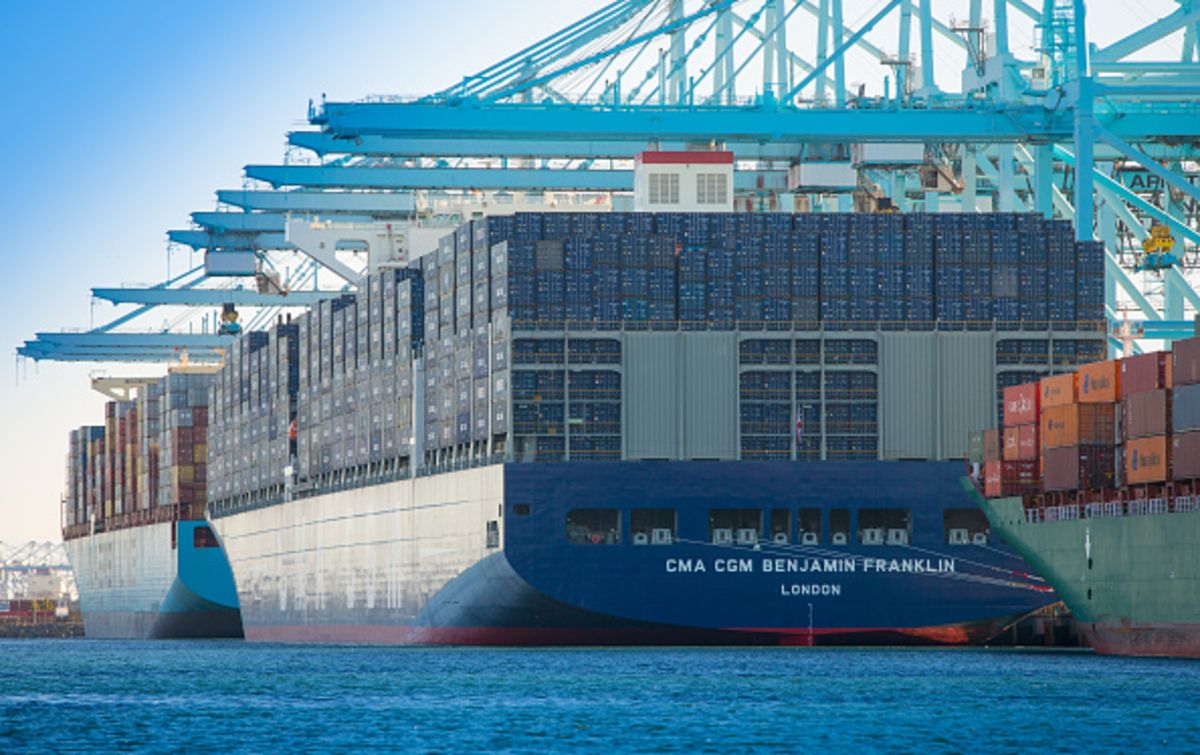The volume of trade between Nigeria and South Africa hit $2.9 billion last year with expectation of it rising further with the African Continental Free Trade Area (AfCFTA) agreement.
Nigeria’s Consul General, Malik Abdul, in a statement noted that Nigeria accounts for 64 per cent of South Africa’s trade in West Africa and is one of his country’s top three sources of crude oil.
He further added that in 2020, South Africa imported R35 billion ($2.48 billion) worth of goods, predominantly crude oil from Nigeria and exported R6 billion ($425milion) to Nigeria.
He stated: “South Africa is currently among the top 10 per cent of investors in Nigeria, globally and Nigeria is South Africa’s 10th biggest export market in Africa and thirty-second globally. Nigeria accounts for 64 per cent of South Africa’s trade with West Africa and is one of South Africa’s top three sources of crude oil.
“Also, Nigeria in 2020 was South Africa’s top import market in Africa and sixth globally, after China, Germany, USA, India and Saudi Arabia. Over the past year, South Africa imported $2.48 billion worth of goods predominantly crude oil from Nigeria and exported $425 million worth to Nigeria.”
Also, the consulate said his embassy issued a total of 10,341 passports to Nigerian citizens in South Africa between March 2020 and May 2021.
The consul general further said the Mission had 404 unclaimed passports, and advised all those whose passports were processed and pending from August 2020 to come for collection.
Abdul added that the consulate was working to clear all COVID-19 lockdown backlog of applications, urging members of the public to exercise patience while the mission was resolving the backlogs.
On the re-introduction of administrative fees and charges for lost passports, Abdul said that the step was taken to harmonise and standardise consular services following approval from the Ministry of Foreign Affairs, Abuja.
The Mission had increased the fees for lost passports from R1,500 to R2,000, and admin charges of R120 for data capturing.
“On this issue, the Mission could not unilaterally impose any charges without headquarters’ approval or consent.
“The admin fees of R120 pertains to all services rendered by the two Missions,” he said.
According to the Nigerian envoy, the decision was taken to remove disparities in all consular services, noting that visa fees have also been harmonised.
On penalty for lost passports, Abdul disclosed that 484 Nigerian passports were reported missing at the mission between August 2020 and May 2021 with request for re-issue.
Abdul said it was discovered that there were criminal undertones and immigration rules infractions associated with the ‘so-called’ lost passport declarations.
“In line with practice in other Missions, there was a need to impose fines to deter people from engaging in such infractions.
“At such an astronomical rate of loss declarations, the option will be to refer such losses to Nigeria for processing.
“This will save the booklet for genuine requests of re-issue and thereby reducing the backlog and pressure on the Mission,” the envoy said.
Abdul disclosed that the consulate had received a directive to embargo processing of lost passports pending further instructions from the headquarters.
The consul general then accused some Nigerian groups in South Africa of, “peddling lies and outright falsehoods” against the Mission and his person.
“These disgruntled elements have gone ahead to incite fellow Nigerians with intent to sabotage the Mission.
“Moreover, a lie and falsehoods often repeated amounts to a propaganda which can be misinterpreted by the gullible and undiscerning as truth,” he said.

 Forex3 weeks ago
Forex3 weeks ago
 Naira3 weeks ago
Naira3 weeks ago
 Billionaire Watch3 weeks ago
Billionaire Watch3 weeks ago



 Naira3 weeks ago
Naira3 weeks ago






 Naira2 weeks ago
Naira2 weeks ago




 Naira2 weeks ago
Naira2 weeks ago




 Naira4 weeks ago
Naira4 weeks ago






 Naira1 week ago
Naira1 week ago
























